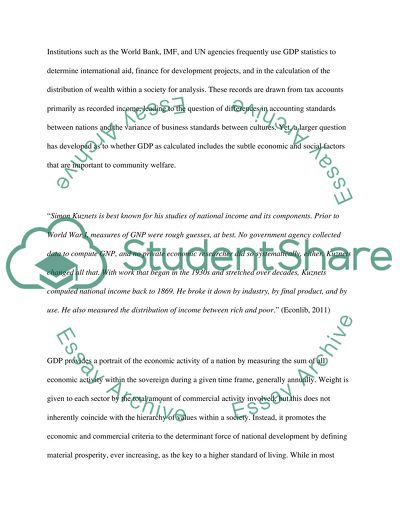Cite this document
(“Explain the differences between national income or gross domestic Essay”, n.d.)
Retrieved from https://studentshare.org/environmental-studies/1414557-explain-the-differences-between-national-income-or
Retrieved from https://studentshare.org/environmental-studies/1414557-explain-the-differences-between-national-income-or
(Explain the Differences Between National Income or Gross Domestic Essay)
https://studentshare.org/environmental-studies/1414557-explain-the-differences-between-national-income-or.
https://studentshare.org/environmental-studies/1414557-explain-the-differences-between-national-income-or.
“Explain the Differences Between National Income or Gross Domestic Essay”, n.d. https://studentshare.org/environmental-studies/1414557-explain-the-differences-between-national-income-or.


